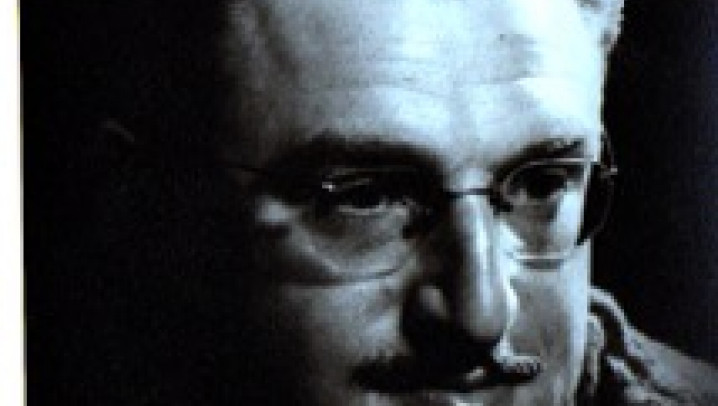
Passacaglia
David Drury performs Walter Wurzburger's organ work Passacaglia at Out of the Shadows festival, Sydney, 2017.
| Date | 8th August 2017 |
|---|---|
| URL | https://vimeo.com/246409030#t=52m19s |
| Format | Video |
The music of Siegfried Würzburger’s son Walter is represented across the Out of the Shadows Festival in Sydney. Walter was able to escape Germany in 1933. Trained in jazz by Mátyás Seiber at the Hoch Conservatory, Walter’s natural ability as a saxophone/clarinet player allowed him the mobility to tour Europe. He arrived in the Netherlands and heard of opportunities to work in Singapore. In April 1939, he began work in a new six-piece swing band at the GAP Road House, playing accordion. After the outbreak of war, all German nationals in Singapore (regardless of racial categorisation under the Nazis) were placed on parole or curfew by the British. In 1940, 272 men, women and children were deported on the Queen Mary, arriving in Sydney, from whence they were shipped by train to the town of Tatura in Victoria (near Shepparton) and placed in a detention camp. Families were allowed to stay together, and single men were housed in the same camp.
In Tatura, Walter shared a room with the photographer Helmut Neustädter, better known as Helmut Newton; he also became fast friends with Uwe Radok (later one of the foremost meteorologists and glacial experts in Australia). On release from detention, Walter enlisted in the army, joining the non-combatant 8th Australian Employment Company. It was during this time that the Passacaglia was written, the last of three organ pieces written consecutively from 1942 to 1943. Having been informed of the deaths of his parents and eldest brother in the Łódź ghetto in 1942, it is perhaps because of this that he wrote these works, as a tribute to his organist father.
This performance lasts approximately 3 minutes 10 seconds.
© Dr Joseph Toltz



